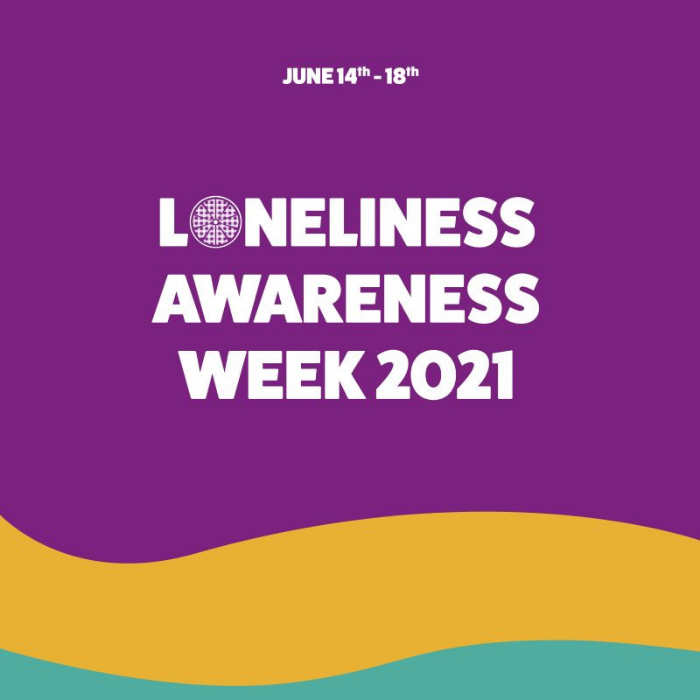
In Loneliness Awareness Week 2021, LEXi consider the methods companies and organisations can take to address the issue with their teams.
As the homepage of the Marmalade Trust announces, we all get lonely. But we don’t all get loneliness. The Marmalade Trust is a charity that is committed to acknowledging that loneliness can exist and supporting those who experience it to increase social contact and make friendships. During Loneliness Awareness Week 2021, we’re all more acutely aware of this issue than ever before. It’s likely we know family or friends who have been isolated during the pandemic and suffered the painful feelings of loneliness that can lead to anxiety and depression.
It’s also quite likely that you know a colleague or employee who has been affected by loneliness but you are not aware of it. You may even be experiencing loneliness or isolation yourself. The past year has seen previously unthought of upheavals in our working lives. Furlough has been a lifesaver, protecting thousands of jobs, but it can leave those who have been furloughed feeling withdrawn, fearful of losing their jobs and lacking a sense of purpose. Equally, those who have been lucky enough to continue working from home, could also be feeling just as disconnected.

Companies and organisations bear a responsibility for the mental wellbeing of their employees. At LEXi we work with organisations that take that role seriously and many of them have wondered how they can best support their teams. Here are some practical steps that can be taken in this area:
While these are all great and useful ideas, the reality of talking openly about mental health and loneliness can be very difficult. The one thing that employers can do that can make a huge difference is to ensure that leaders and managers are approachable and easy to talk to. What we’re talking about here, is the Empathetic Leader.
Empathy is one of the most important qualities that businesses, large and small, are looking for in leaders today. The sharp end of the pandemic may be over, at least we hope it is, but the hangover of grief, depression and anxiety will linger and affect us for some time to come. The ability to navigate these issues sensitively and compassionately will be required even more as businesses build back. The good news is that empathy can be learned and our capacity for empathetic communication enhanced. Understanding what empathy means is the first step, from there, skills can be developed. Those skills include: the art of listening, the ability to put yourself in another’s position, agility to sense changes and adapt to them and learning to read the non-verbal hints exhibited through body language and tone of voice.
At LEXi, we’ve been helping organisations develop Empathetic Leadership for many years. You can learn more about the subject, read a case study and find out how we can help you with training for your needs by following the links below.
#LonelinessAwarenessWeek #LetsTalkLoneliness